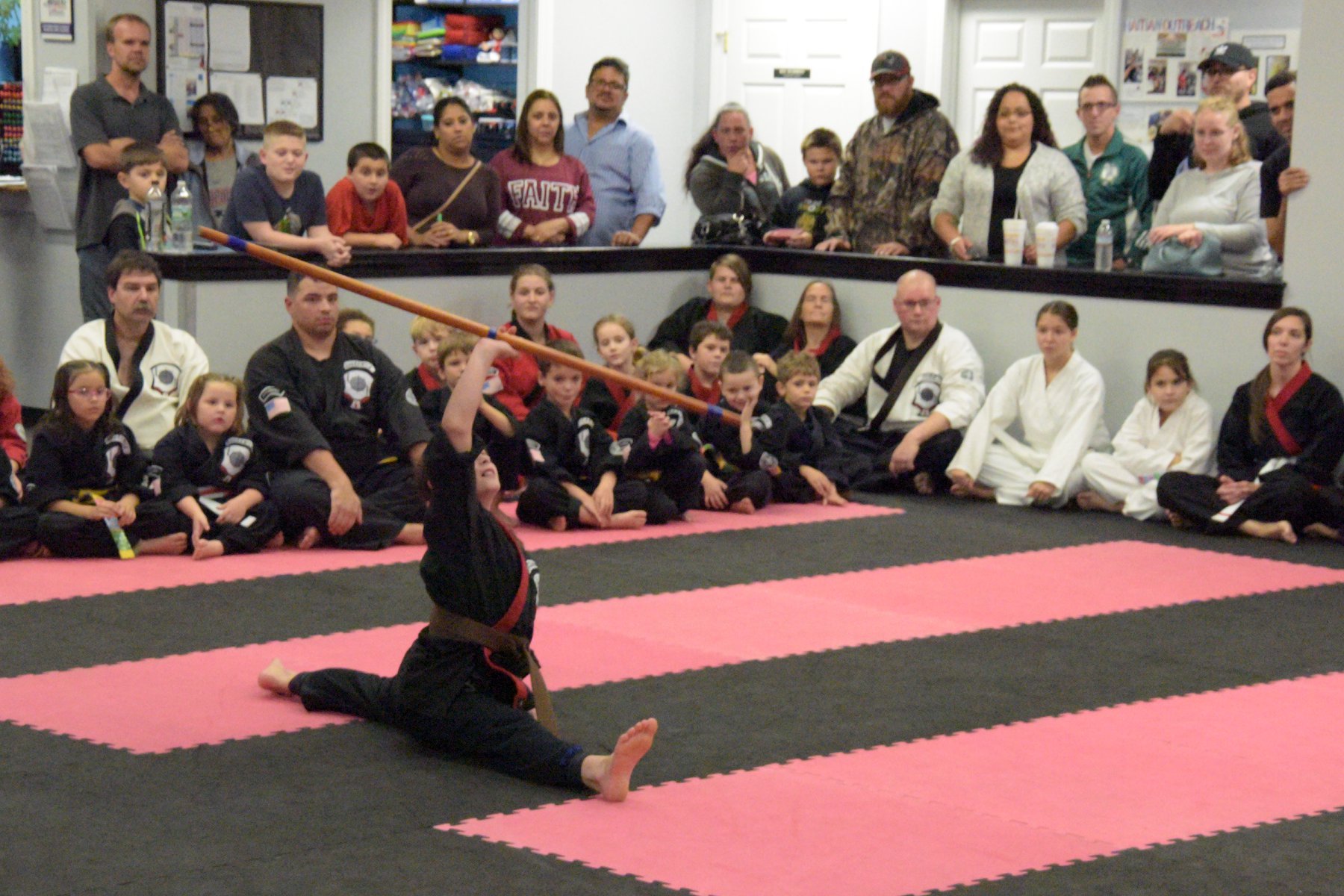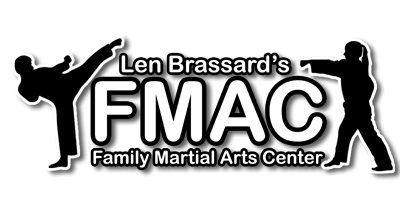
An Overview of Weapon Training in Kenpo Karate
Weaponry is essential to any martial art curriculum, especially Kenpo karate. Training with weapons encourages discipline, focus, concentration, respect for authority figures, and self-control while giving students an intense physical workout at the same time. But it’s important that parents make sure their kids are mentally and physically mature enough to handle such highly specialized training before enrolling them in classes involving weaponry.
Ultimately, it comes down to trusting your child’s ability to learn responsibly so that you can help them reach their full potential without compromising their safety or well-being. But what are the traditional weapons used in Kenpo? And how young is too young for kids to learn proper weapon handling? Let’s take a look at weapon training in Kenpo karate and answer these questions.
Traditional Weapons Used in Kenpo Karate
The traditional weapons used in Kenpo karate include staffs, swords, knives, nunchucks, and bo sticks and are broken down into two main categories or styles: hard weapons and soft weapons. Hard weapons include swords, spears, staffs, and knives, while soft weapons include rope darts, three-sectional staffs, and whips. Students must be able to correctly use each weapon with precision and skill before progressing to higher levels. In addition, each type of weapon requires its own unique techniques that must be mastered before attempting to move on to other kinds of weaponry.
All of these weapons have been used for centuries by martial artists worldwide as part of their training regimen. Each weapon has its own unique set of techniques that must be learned and mastered in order to use it effectively. Additionally, students will learn self-defense movements specific to each weapon and how to properly hold and use the weapons safely and effectively.
Age Appropriateness for Kenpo Weapons Training
Should Kids Study with Weapons? Yes! Weapon training can be incredibly beneficial for kids studying Kenpo karate because it teaches them discipline, respect for others, focus, and concentration, and develops motor skills such as hand-eye coordination. Additionally, weapon training can provide an extra challenge for more advanced students looking to take their martial arts skills to the next level. However, it is important that you only allow children to train with weapons under the supervision of a qualified instructor who can ensure they are using them safely and correctly at all times. Failure to do so could result in serious injury.
Regarding age appropriateness, most schools recommend that children should not begin weapon training until they have reached at least eight years of age. This is because younger children may not have the strength or coordination necessary to handle the weapons safely or effectively. Additionally, some schools may require that students be at least 12 years old before attempting any kind of weapon training due to its intensity level and complexity.
Maturity Matters in Mastering Weapons
Whether or not your child should study with weapons depends mainly on their maturity level and dedication to learning martial arts as a whole. Therefore, it’s important for parents to evaluate their child’s readiness for this type of training before enrolling them in a class that involves weaponry. If your child shows signs of being responsible with their studies and is willing to practice diligently, then they may be ready for this type of advanced training; however, if your kid is easily distracted or has difficulty following instructions, then starting with basic martial arts classes might be a better option initially.
Weapon training has been an integral part of Kenpo Karate since its inception and continues to be practiced today by thousands of karate practitioners worldwide. Not only does it offer numerous physical and mental benefits, but it also teaches valuable self-defense skills that can save lives in emergency situations. While it may seem daunting at first, with proper supervision and instruction, weapon training can be a rewarding experience for adults and children.
